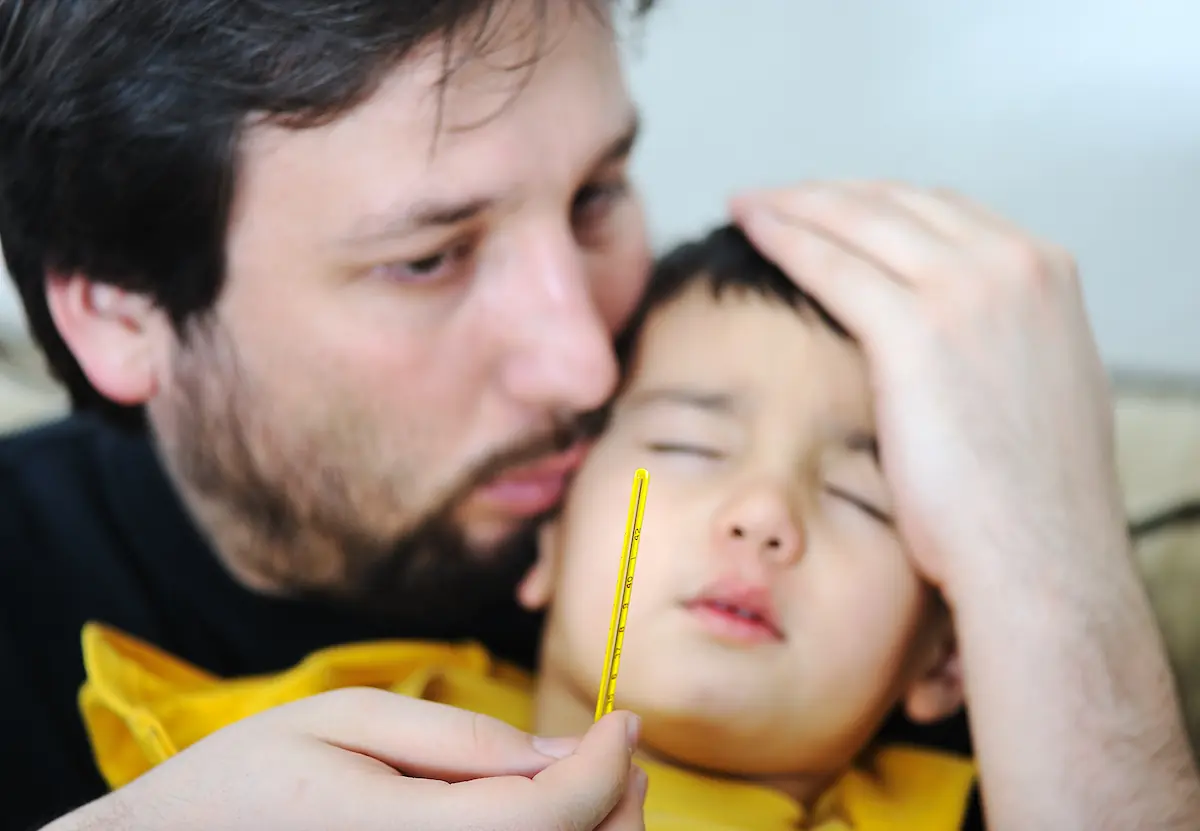Coughing at night can be disruptive to a child’s sleep, and it’s essential to address the underlying cause to provide relief. Here are some suggestions to help stop kids from coughing at night:
- Humidify the air: Using a cool-mist humidifier can help add moisture to the air, which can ease coughs caused by dryness and irritation.
- Elevate their head: Propping up your child’s head with an extra pillow can help reduce coughing due to postnasal drip.
- Keep them hydrated: Encourage your child to drink plenty of fluids throughout the day, as staying hydrated can help thin mucus and reduce coughing.
- Use a saline nasal spray: A saline nasal spray can help clear out nasal congestion and reduce postnasal drip, which can trigger coughing.

- Honey: For children over the age of one, a teaspoon of honey before bedtime can help soothe a cough. Do not give honey to children under one year of age due to the risk of botulism.
- Over-the-counter cough medicine: For children over the age of four, an over-the-counter cough suppressant with dextromethorphan may help reduce nighttime coughing. Be sure to follow the dosage instructions and consult with a healthcare professional before administering medication.
- Keep the bedroom allergen-free: Make sure your child’s bedroom is free of allergens, such as dust mites and pet dander, that can trigger coughing. Wash bed linens regularly, use allergy-proof pillow and mattress covers, and vacuum the room frequently.
- Maintain a smoke-free environment: Exposure to secondhand smoke can cause coughing and respiratory issues in children. Keep your home smoke-free to minimize their exposure.
- Use a vapor rub: For children over the age of two, a vapor rub containing camphor, eucalyptus, and menthol can be applied to the chest to help alleviate coughing.
- Consult a healthcare professional: If your child’s cough persists or worsens, consult with a healthcare professional to determine the underlying cause and receive appropriate treatment.
Always consult with a healthcare professional before trying any new remedies or if you have concerns about your child’s health.
Ensuring a good night’s sleep for your child is essential for their overall well-being. By incorporating these tips and strategies, you can help alleviate your child’s nighttime cough and create a more comfortable sleep environment. Remember that it’s always important to consult with a healthcare professional if your child’s cough persists, worsens, or is accompanied by other concerning symptoms. With the right approach and care, you can support your child in achieving restful, cough-free nights.












Leave a Reply